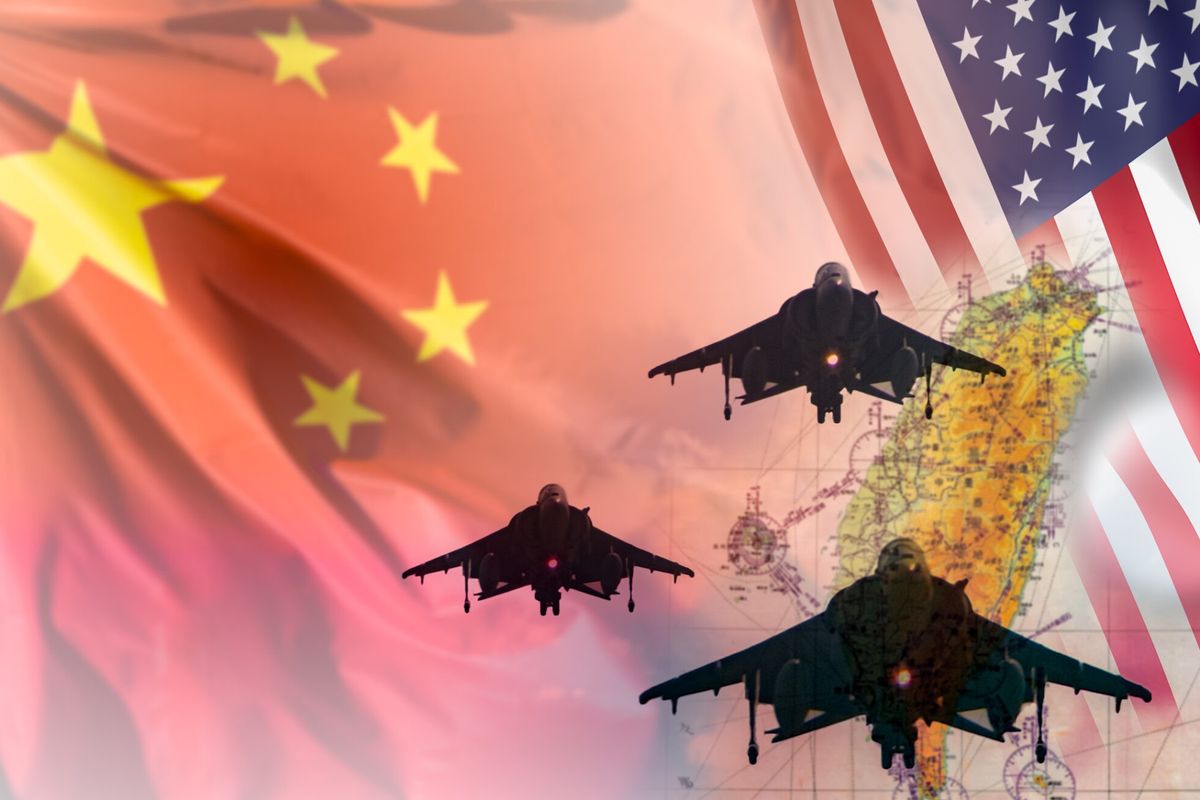In the early days of our republic, George Washington warned against “entangling alliances.” In 1821, after strenuous debate, John Quincy Adams decided not to speak in favor of Greek Independence because we “go not abroad in search of monsters to destroy.” We, Americans, have always had a desire to stick to ourselves. We might share sympathies with others, but we avoided getting drawn into their messes until the 20th century when we fought two world wars, countless smaller wars, and created the alliances and economic structures that bound the “free world” together.
This globalism started at the beginning of the 20th century when President Theodore Roosevelt thrust the U.S. on the world stage in an energetic effort to assert U.S. power. He put America first, operated on raw power, but for the purpose of taming an unruly world. He constructed a modern navy and sailed his “Great White fleet” of 16 battleships around the world. He built a canal across Panama and beat yellow fever, succeeding on both counts where a great power, the French, had failed. He fought a bloody and ruthless counter-insurgency in the Philippines, and bludgeoned Congress into giving Cuba its autonomy but under a strict set of conditions. He added his corollary to the Monroe doctrine, asserting that outsiders couldn’t intervene in the hemisphere but that we could discipline countries that failed to behave in a civil fashion and pay their debts. In short, he turned the United States into a world power by making sure we cut the deals and set the rules. We became a contender.
Teddy masterfully integrated military might, technological capability, economic strength, and American ideals. His military displays supported diplomatic efforts. He maneuvered the tiring belligerents in the Russo-Japanese war – on the far side of the world—to come to Portsmouth, New Hampshire and adopt a peace of his making. He kept the Germans, French, and British from taking territory and collecting debt in the Dominican Republic and Venezuela but negotiated our way into Caribbean Customs houses to collect on behalf of the Europeans. In a grand display of arrogance, he supported Panama’s independence with cash and gunboats when he couldn’t get the legislature of Colombia to agree to his terms –so he could build the canal that opened trade and facilitated our global presence. No soft minded globalist, he, but a globalist nonetheless!
Yet, Teddy Roosevelt brought the U.S. into the world by-and-large as a positive force: for democracy, for self determination, for development, for open trade and against cartels and controls. His manipulation of power, prompted Henry Kissinger –realist extraordinaire and reported muse to the current President—to praise Roosevelt's “exquisite subtlety.”
We can learn from Teddy whether we believe in the raw use of power or not. His military displays sought to intimidate, to be sure, but had as their goal a diplomatic end: to exclude autocracies from our hemisphere, to balance the power of major players in Asia, to open ports to trade, to support causes that others shared, to impose rules of conduct. He didn’t fight others’ battles, but he aligned the United States, usually, with just causes and aspirations. Military power served diplomatic ends and American ideals. Our diplomats, investors, and technologists fanned out in his wake.
At present, we see China bulging out, opening space for its money, its investments, its exports, and its military from the heart of Asia to the Bhutan-India border and the South China Sea. The Russians are feeling their oats and Europeans regaining confidence. If we want to remain the central player in this world, we need to identify both our goals and our shared interests and then marshal all the tools at our disposal –diplomacy, money, technology, and military power. Displays such as running ships through the South and East China seas or questioning commitments and tearing up agreements do not make the U.S. first unless they serve a diplomatic strategy. Displays without clear purpose achieve little.
Teddy Roosevelt made the U.S. a force in a world of greater powers by deftly deploying all the tools of U.S. power to balance other powers and advance his ideals. If our new Administration wants to keep America first in the world, they’d better come up with an integrated strategy soon, before others out-maneuver us, the way Teddy Roosevelt manipulated the powers of the 19th century. As we face a tumultuous world, perhaps we should ask: What would Teddy do?














